|
We all know people who seem to know from a very early age what they want to do with their lives. I envy that. I really do.
For example, one of my daughter’s friends from church knew she wanted to be a doctor. She did not get accepted the first time she applied to medical school, or the second. But she persisted, and now she’s a doctor. My daughter, my son, and I were all blessed with a talent for being good at school stuff. We enjoyed learning, we made good grades, and we were evenly balanced between the analytical subjects like math and science and the creative disciplines like literature and art. Unfortunately, none of us knew what we wanted to be when we grew up. I used to tell the students in my graduate classes at Vanderbilt, “Don’t worry if you don’t know exactly what kind of job you want. I’m still trying to figure it out for myself.” They always laughed. They didn’t know I was not joking. Is it ever too late to find your passion? True, it may come earlier, easier, and more clearly to some than others. But I’ve always refused to quit looking. Am I destined to be a writer, an actress, or a teacher? Should my son be an engineer or a filmmaker? Should my daughter be a professional student or a stay-at-home mom? I think back, back, back to my graduation from high school. My parents and I are having a rare serious conversation about my future. It’s already been determined that I will attend the state university that’s only twenty miles from our hometown and much cheaper than any of the alternatives I’ve pushed for. I will be the first college student in our family, and none of us knows a thing about schools’ reputations or how they might impact one’s future. “What are you going to study?” my dad says, spearing his last bite of pork chop. He’s usually the last one to finish a meal. My mother hasn’t leapt up to clear the table before we stop eating as she often does. “I don’t know,” I say. “A little of this, a little of that, I guess.” “No. What I mean is… what are you going to study to be?” “Oh. Like my major,” I say. “I don’t know. Maybe theater.” “Theater?” Mama’s eyebrows lift in astonishment. “What in the world would you do with theater?” They both know I love to be in school plays. I always have, and often got a good part. I think they appreciate my talent. “I could be an actress… or something.” “Maybe.” Daddy frowns. “You have to have lots of connections to make it in that industry.” Mama says this as though she’s done thorough research on the subject. Did Mama, who looks like Vivien Leigh and sings like Doris Day, once entertain dreams of her own? Even if she did, she has no right to quash mine. “Not everybody’s connected,” I protest. Don’t they believe in me? They wear matching frowns now. Maybe I’m not that talented after all. “English literature then,” I say, thinking of the other times, when I didn’t get the role I wanted—even in our little community. “What would you do with that?” This time it’s Daddy who asks. “I don’t know. Write, or teach.” I slump in my chair. My mother picks a piece of lint off my shoulder. “For God’s sake, straighten your shoulders. How many times do I have to tell you how important your posture is?” For what? My mother has excellent posture (which is kind of sad because she develops osteoporosis, arthritis, and a crooked spine later, and will eventually walk as though one leg is longer than the other). “May I be excused?” I push my chair back. “You may not,” Mama says. Her nose twitches just a little, which happens when she’s stressed. But I can’t think about that now. “What do you two want me to be?” I demand. Mama says nothing. Daddy clears his throat. “Whatever you want to be,” Daddy says at last. “You could be anything, do anything.” Except an actor or a writer, apparently. I wait. “Well, now, you could be a doctor, for instance,” Daddy says. A doctor? “What kind of a doctor?” For I know there are other kinds of doctors besides medical ones. There are doctors of philosophy, and occasionally there would be a teacher in our high school said to have a doctorate. And I suppose all the professors in colleges probably have doctorates. Is it possible I might become that kind of doctor? “A regular doctor. Like Dr. Jones.” Dr. Jones was our family doctor for a long time. I think he delivered me. Daddy has eaten everything on his plate, and finished what was on Mama’s. Still he picks up his fork and mashes the remnants of beans with it, which tells me he’s nervous about this conversation too. “I don’t think they offer that at Murray State.” There’s a note of triumph in my voice. “Pre-medicine then,” Daddy says. “Why?” This whole conversation is pretty astounding. I remember when Mama wanted me to take a summer job as a dental hygienist’s assistant. Cleaning people’s teeth seemed to be the height of their ambition for me. “Because you’re so smart,” Daddy says. “If you were going to be a writer or an actress, why would you even need to go to college?” Mama chimes in. “Fine! So now you don’t want me to go to college!” “Of course, we do. You realize you’d be the first college graduate in our family. Ever.” Daddy rubs his temple. “We want that to mean something.” “So do I, Daddy. But what would I do with pre-med?” “Medical school, obviously.” Does he really think they could afford to send me however many years it takes to finish medical school, internships, and whatever else goes with that career path? Apparently so. “But that would take, like, a thousand years,” I protest. Daddy leans forward in his chair, his eyes intent on my face. “And you could help people.” Now it clicks. Being a doctor has often been voiced in my family as the highest ambition. Doctors are, like, next to God. If we’d had one in the family, maybe my grandfathers wouldn’t have died so young. That’s what he thinks. I’m a little flattered, but I can’t honestly imagine myself as a medical doctor. It is only now, all these years later, that I fully realize what a tremendous gift their assumptions were. That I could and should attend college at all, that I would earn a degree, that I might even attend and complete graduate school once or twice. All these things that they had never done and which I, eventually, did. Along the way, regardless of my major, I would be free to study art and theater and literature, as well as science and mathematics and history. Nor did they force a major upon me. They never protested when I switched majors to business, and I doubt they would have withdrawn support if I’d switched instead to art or theater or literature. They were merely offering their opinions. I was free to choose, even if it didn’t feel that way at the time. My mom rises then and begins to scrape the plates. I’m not sure what she thinks about my dad’s ambition for me. I start out as an “Undecided” major. But when I need to choose a major, I do, in fact—for lack of conviction in another direction—declare it as pre-med. It takes me two and a half years to acknowledge, as I’ve suspected all along, I really don’t want to be a medical doctor. I get squeamish around blood, even on a filmstrip, and the thought of medical school terrifies me. By then, I’ve met Norm, who is studying wildlife biology. Junior year, we’re taking Comparative Anatomy. Our professor, Dr. Smith, has a crippled right arm. The rumor is that he was headed for a career as a surgeon before the accident. Maybe he’s a little bitter, or maybe he just wants us to be prepared. Comparative Anatomy is, quite simply, the most challenging course I’ve ever taken, up that point. We spend countless hours in the lab, dissecting animals soaked in formaldehyde until the odor lingers in my hair and my clothes. Some of the students eat sandwiches in the lab, but the smell nauseates me. Norm and I make time one evening to go to a restaurant, something that used to be fun. We choose the Palace, one of our old favorites, and order the usual: a Palace special burger and a baked potato with butter and sour cream with chives. I take a bite of my burger and almost gag. “I can’t eat this,” I say. “Why not?” Norm’s burger is half gone already. He’s a fast, efficient eater. “It tastes like that dogfish shark.” The next week I begin to think of changing majors. But, to what? Norm has switched himself from wildlife biology to pre-vet, and I realize my parents were probably right. I’d have a hard time earning enough money as either an actor or a writer to support him through veterinary school. Plus, Norm’s attitude toward theater or literature as a realistic major mimics those of my parents. My passion for subjects I love isn’t great enough to override my doubts about my talent. I work in an education lab on campus with a friend of mine, Darleen. Sometimes our schedules intersect, as on this day. We are free of students at the moment, just returning some folders to the filing cabinet. We often have free time to study when we’re here. I know she’s majoring in accounting. “What is accounting?” I ask her. Darleen tries to explain it to me. She sighs at my bored expression and pushes a strand of her dark hair behind her ear. I do not understand her explanation, except for one thing. When she graduates in another year, she’ll be able to find a job with a good, steady salary. Enough to put a husband—with the help of a few student loans—through vet school at Ohio State. I make the change. After studying organic chemistry and comparative anatomy, business school is relatively easy for me. I don’t love it exactly, but I don’t hate it either. When I go for my first interview, though, I’m afraid I will hate doing it in the real world. I don’t get the job. Or the next. I’m reminded of my interview for a summer job as a dental hygienist’s assistant. I didn’t get an offer then either. After a few rejections, I decide to be an actor after all. I will act as if being an accountant is exciting… is my dream job, my dream future. Finally, I get a job. A few years later, as an accounting professor, I will apply my acting skills once more, to convince my students that I find the subject matter more stimulating than I actually do. This works for a couple of decades, until I begin to tire of the role. As always, the blame is ultimately mine. As it turns out, I don’t hate being an accountant. And I’m pretty good at it. I’m moving up the ladder in my firm. Granted, much of the time I feel like a fake, likely to be discovered at any moment. But, along the way, I do eventually learn a fair amount. In writing a novel, it’s easy to engage the reader when the protagonist knows exactly what she wants and will do just about anything to achieve the goal. In real life, our motivations aren’t always that straightforward. Yes, we want love and happiness and health. But the trajectory may take a lot of unexpected twists and misdirected efforts. This is also true of the characters in my novels. Acadia, in Song of Sugar Sands, wants Peter to love her, but she does not want to be a preacher’s wife. Sometimes it takes us a while to sort it all out. Sometimes it may take a lifetime.
4 Comments
|
Archives
June 2024
Categories |
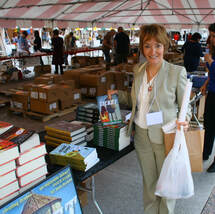
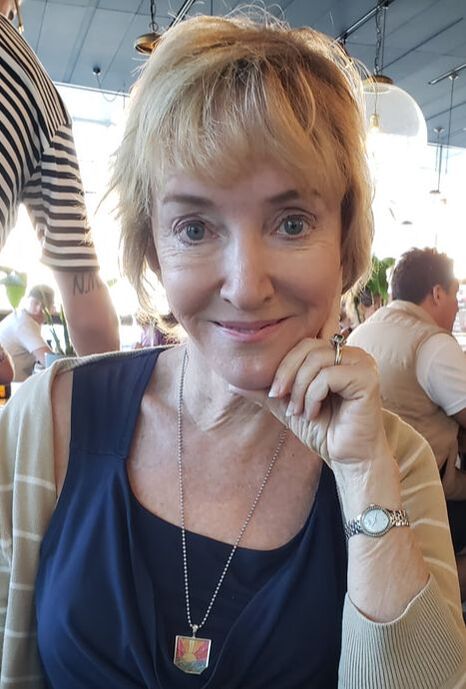
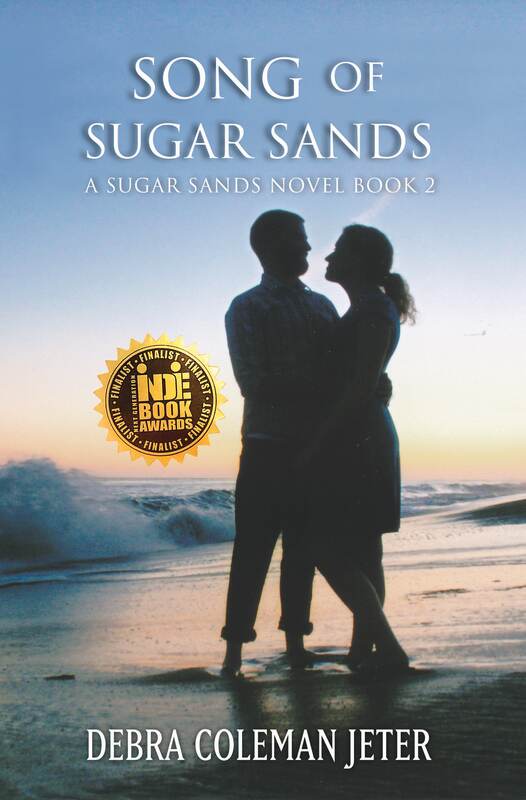
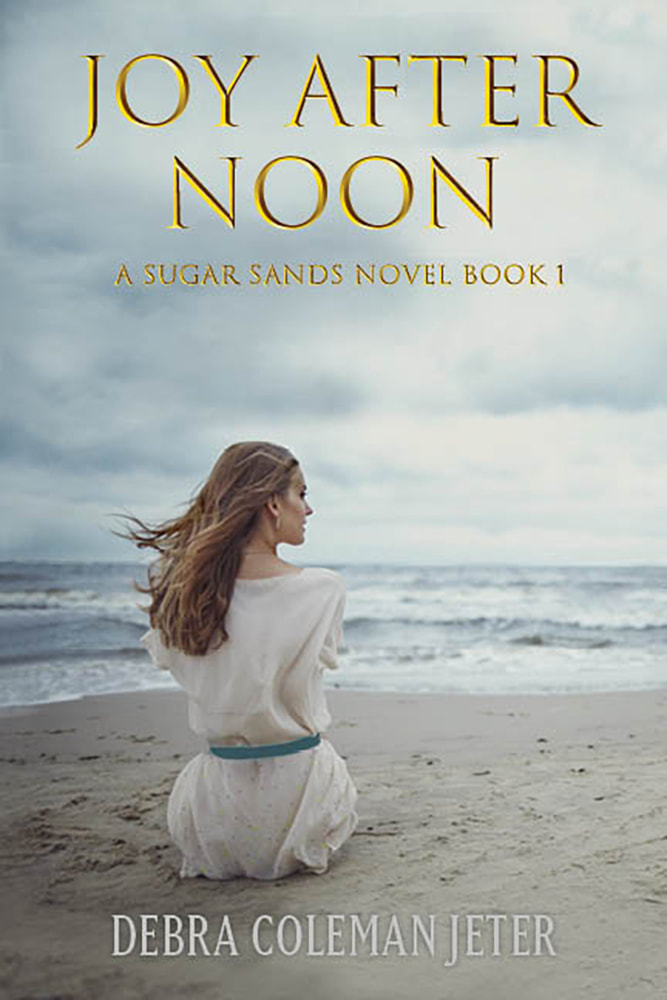

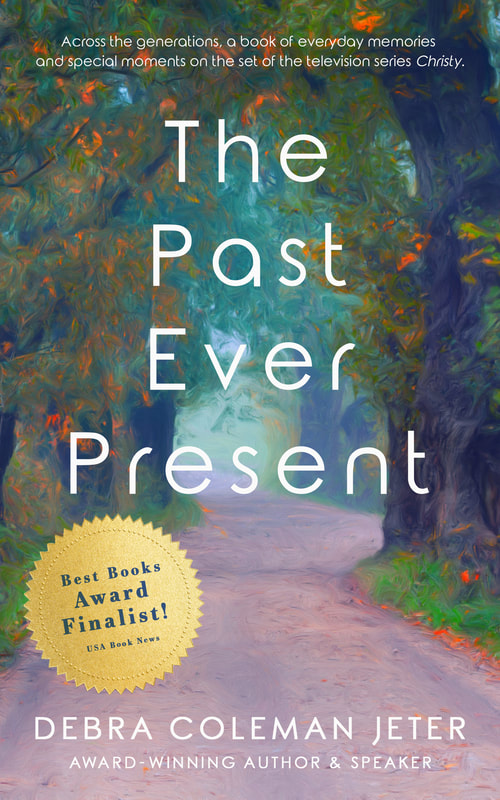
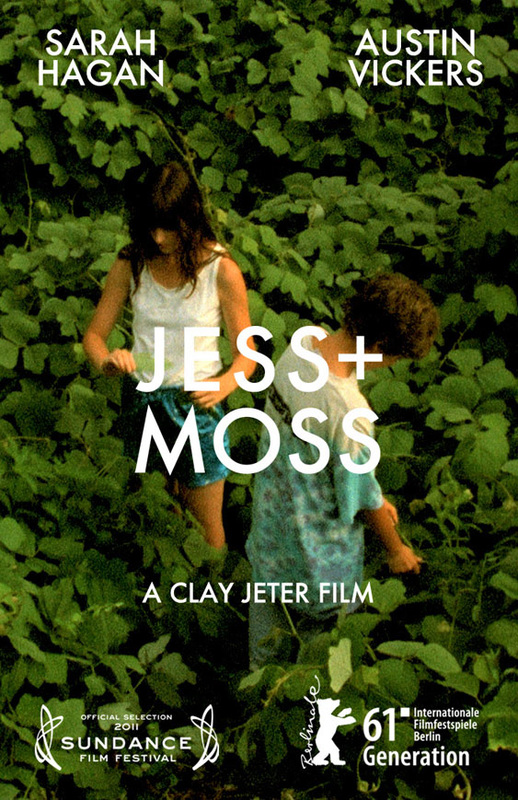
 RSS Feed
RSS Feed